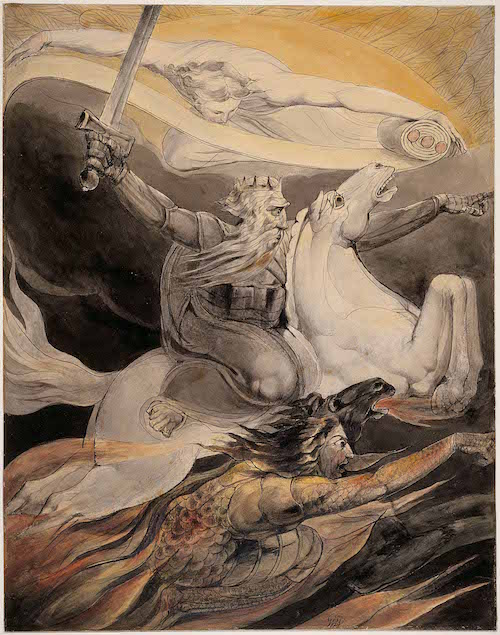 Culture & Ethics
Culture & Ethics
 Medicine
Medicine
Are You Infected by the Culture of Death?

A few months ago, a healthy but depressed 24-year-old Belgian woman named Emily was approved for euthanasia by a medical board. Much controversy ensued.
Alex Schadenberg, head of the Euthanasia Prevention Coalition, reports that she has changed her mind:
The Economist released a video on November 10 concerning Emily, a 24 year-old physically healthy woman who was approved for euthanasia for the reason of psychological suffering. The video is titled “24 & Ready to Die.”
The 21-minute video interviews Emily, her psychiatrist, her mother, and her friends. The video ends with Emily deciding not to go through with the lethal injection.
It seems that The Economist was producing a pro-euthanasia video to justify Emily’s death by euthanasia except that Emily changed her mind.
The video concludes by trying to sell viewers on the concept that Emily chooses not to die because she has a choice. In reality legal euthanasia has enabled death to be seen as a treatment for psychological pain, enabling her to die by lethal injection.
I suspect Alex is correct about The Economist’s motives.
It is great that Emily lived long enough to decide not to die. It was only the public controversy that slowed down the killing gears. Let’s hope she continues to want to live so that the death doctors don’t get their hands on her.
But please understand: If she had been killed when she wanted to die, she would not still be with us to know she would prefer continued life. I have met such people who didn’t commit assisted suicide because it was illegal, only to later realize how glad they were to have been impeded in their desire to die by a society that cared enough about their lives to prevent their hastened deaths.?
And also understand, that after California’s assisted suicide law goes into effect, there will be people who die by assisted suicide, who — sometime later, had they lived — would be glad to be still alive. We will never know who they are because they will be dead before they change their minds. The same goes for Canada, Switzerland, Netherlands, Belgium, Luxemburg, Germany, and Colombia.
Does Emily’s continuing to live touch you? Do those people I mentioned, who wanted to die, but later were glad to be alive, tug at your conscience?
Or do you shrug and say, “Well, she didn’t do it. No big deal”? And are you instead more touched emotionally by the Brittany Maynard story? If the latter, you are likely among those infected by the culture of death.
Image: Death on a Pale Horse, by William Blake [Public domain], via Wikimedia Commons.
